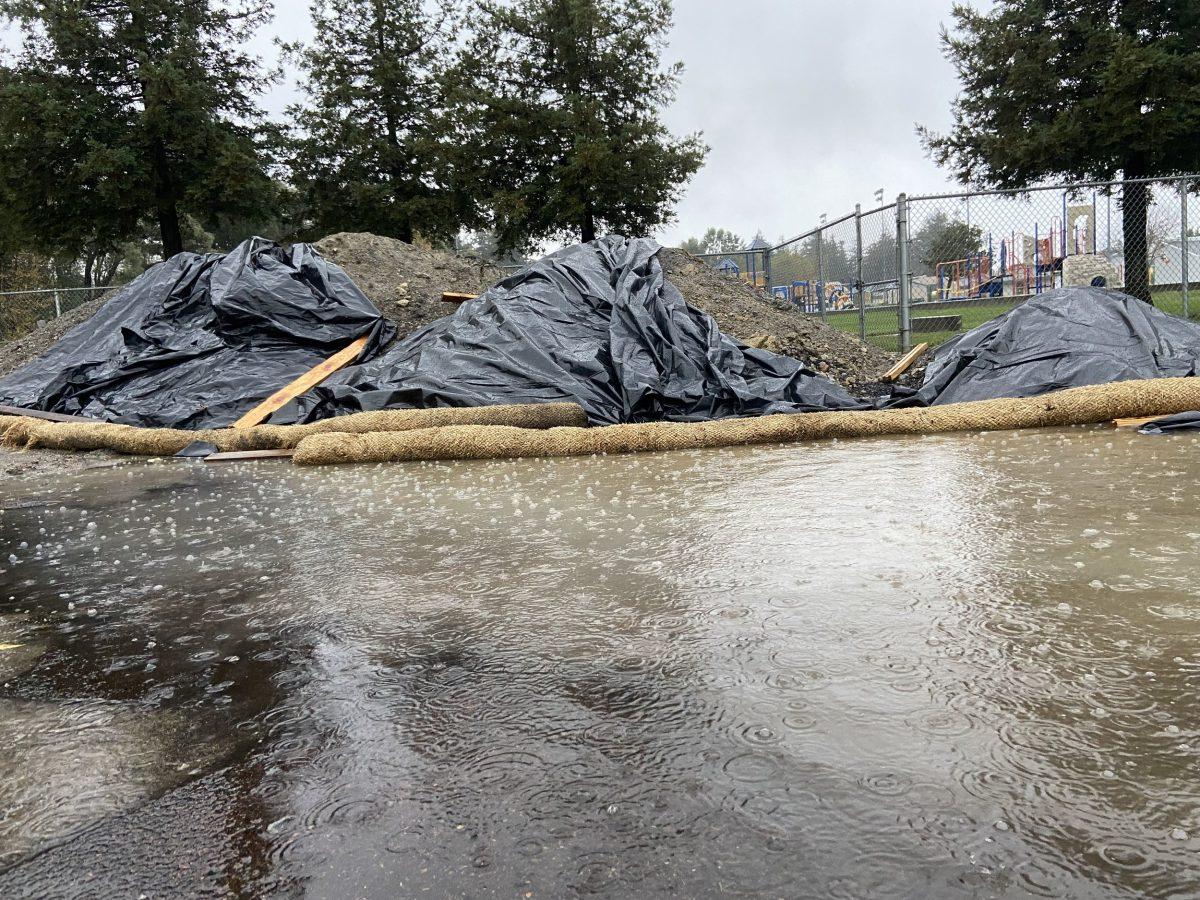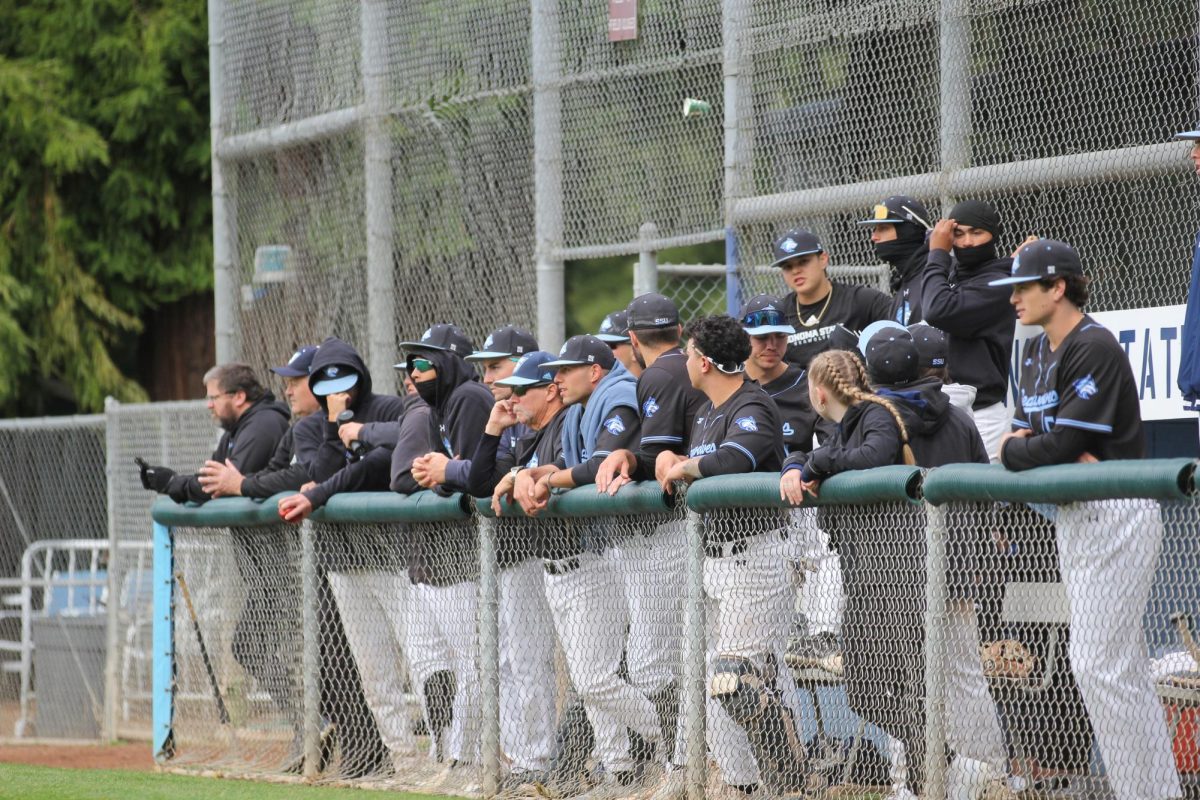Dealing with wildfire, drought, and other effects of climate change has become the new normal for most students and faculty at Sonoma State. Things like evacuations, mandated water usage, scheduled power outages and the never-ending worry have become normal as Fall approaches each year. The bottom line is, climate change isn’t something to be swept under the rug any longer, as it is slowly becoming the world’s leading health crisis.
As members of the SSU community, dealing with wildfires has become a new normal for most. While trying to live more sustainably, cleaning up the community and using cleaner energy sources are great ways for individuals to help, the best way for anybody to make a difference on a grander scale is to get involved in both national and local elections and to choose representatives who will utilize governmental resources to make a difference. Now that health risks are beginning to surface, efforts to slow the effects of various climate disasters are becoming more and more urgent.
There are many different ways climate change can be harmful to humans’ health. The leading climate health crisis Sonoma County sees is the effects of fire season on heart and lung health of residents, for example. Each crisis is unique to the region, as different parts of the world are affected by climate change differently.
As a resident of Sonoma Country and avid leader of the university’s student-run biology research programs, Sonoma State Biology professor Dr. Lisa Bentley feels disheartened by some of the physical changes she has seen over the recent years due to climate change. While the changing planet is a difficult thing for people to embrace, and despite some of the sorrows that come behind results of scientific studies, Dr. Bentley feels hopeful.
As a scientist, Bentley has, “An important position because of the opportunity to use [her] research with SSU students to learn more about the effects of wildfire and forests, then apply that information to help improve forest health.”
Due to COVID-19 lockdowns, the environment had more of a chance to recover because people spent more time in their homes, used less environmental resources, and were less likely to interact and diminish the ecosystems around them. While this was good and gave many hurting environmental systems a chance to recover, these results were both unintentional and short lived. However, seeing things recover, bounce back, or just change for the better is something that brings hope on the subject.
Given the amount of recovery after such a short period of time, humans still have time to make an impact and turn around some of the bad things that face our planet into positives that will allow humans to persevere. By reducing the impacts of global climate change, the uncertainty of weather issues and their effects start to get in the way less often, meaning students are less likely to be put in danger, need to evacuate, or worrying about their future.





![[Both photos courtesy of sonoma.edu]
Ming-Ting Mike Lee stepped in as the new SSU president following Sakakis resignation in July 2022](https://sonomastatestar.com/wp-content/uploads/2024/04/CC4520AB-22A7-41B2-9F6F-2A2D5F76A28C-1200x1200.jpeg)


























